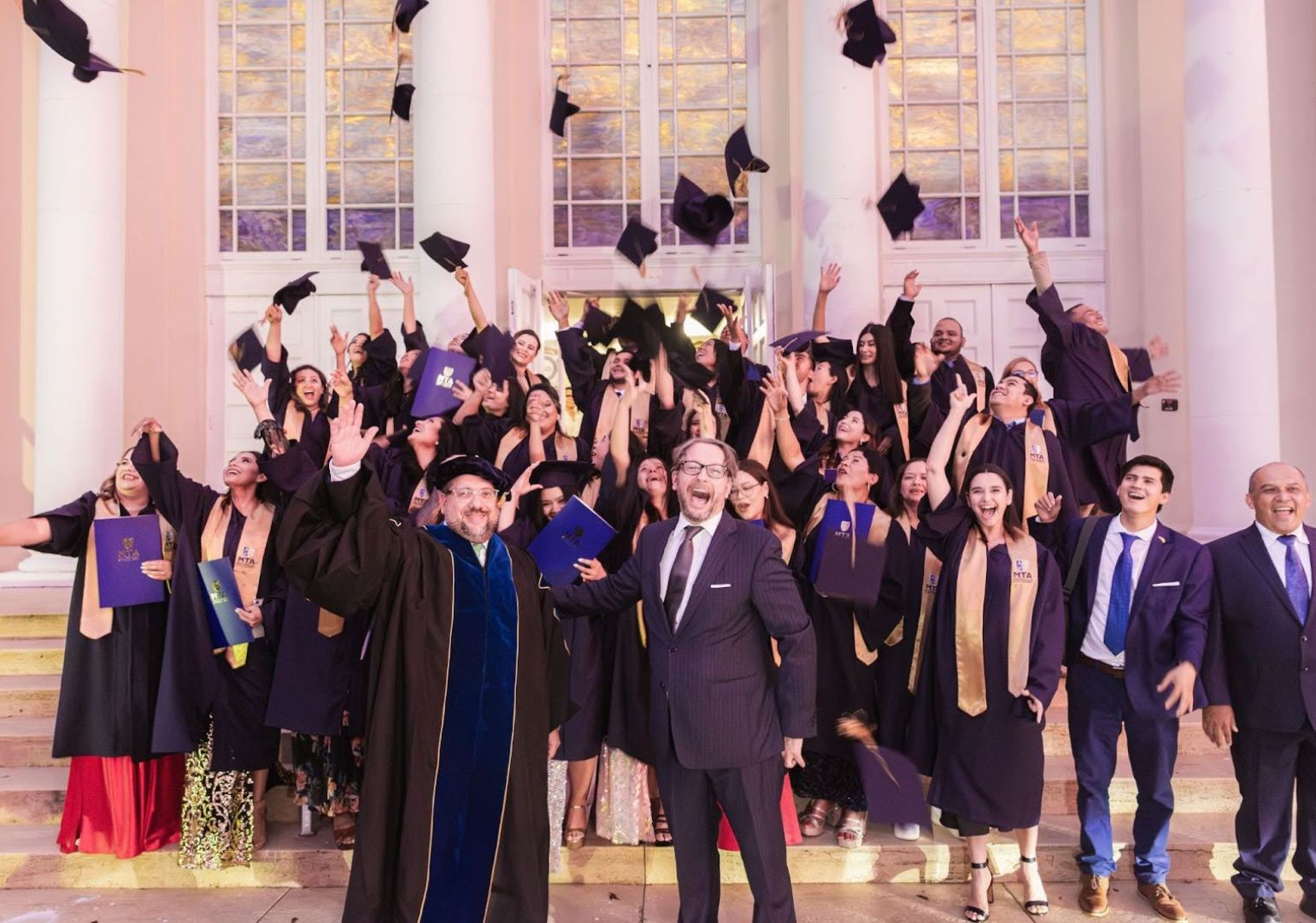Miami Technology and Arts University (MTA), based in Miami, Florida, is changing higher education for Spanish speakers. The university offers undergraduate and graduate programs online and in Spanish, allowing Latin American students to earn an American degree without leaving their home countries.
The Independent Education Commission of the state of Florida licensed MTA University four years ago. It currently serves about 500 students worldwide. The institution recently celebrated its second graduation ceremony, marking a significant milestone in its mission to provide accessible American education to the global Spanish-speaking community.
MTA is at the center of this educational metamorphosis. This institution has spent the last four years redefining what it means to pursue an American degree. With a model that is 100% online and 100% in Spanish, MTA has become a platform for Spanish-speaking students worldwide, offering a path to U.S. credentials without the need to leave home.
Eduardo Viedma, the CEO of MTA University, along with the board of directors, established this institution on a solid foundation, ensuring that its academic standards are exemplary. Guided by their core values and integrity, they are committed to positioning the university as a leading reference in higher education for Spanish-speaking students. This commitment is manifested through ongoing partnerships and alliances with various universities in Latin America and around the globe.
A Graduation Like No Other
Just weeks ago, the Sanctuary of Arts in Coral Gables witnessed a scene that would have been unimaginable a decade ago. Over 60 graduates, hailing from various corners of Latin America, donned their caps and gowns, many setting foot on U.S. soil for the first time to receive their hard-earned diplomas.
The ceremony marked a milestone for MTA University, celebrating its second graduation with the first cohort of graduates in Industrial Design and Master’s in Fine Arts, and the second cohort in Master’s in Business Administration and Education Sciences. As the graduates raised their diplomas, they embodied a growing trend in higher education that prioritizes flexibility, accessibility, and cultural inclusivity.
Breaking Down Barriers
MTA University’s model aligns with a broader shift in the educational landscape. Recent data projects that the U.S. eLearning market will reach $169.98 billion by 2030, growing at a CAGR of 12.50%.This surge reflects a global demand for more flexible and accessible higher education options.
MTA University offers degrees and opens doors. The university aims to make quality American education accessible to Spanish speakers worldwide, breaking down language and geography barriers.
The university’s program resonates with a generation of students seeking alternatives to traditional education models. With programs ranging from Interior Design to Business Administration, MTA caters to diverse academic interests, all delivered in the student’s native language.
Challenges and Opportunities
While the model has garnered praise, it still needs its skeptics. An anonymous industry expert cautions, “The challenge lies in making certain that the quality of education and the degree’s value in the job market match those of traditional institutions. Educators must continually evolve online education to meet these standards.”
MTA University seems set to meet this challenge head-on. Despite its virtual format, the university emphasizes its commitment to fostering real connections.
The Future of Global Education
As MTA University looks to the future, its ambitions extend beyond its current offerings. Plans are underway to introduce new programs, including a Bachelor’s in Psychology and a Master’s in Marketing, potentially expanding their roster to nine diverse programs by year’s end.
The institution’s growth mirrors a trend toward more inclusive and flexible higher education models. With projections indicating an increase of nearly 120 million students in higher education globally by 2030, institutions like MTA are leading the charge in addressing this surge in demand.
As another day of virtual learning ends, the impact of MTA University’s model reverberates across continents. In living rooms from Buenos Aires to Bogotá, students turn on their computers, log into their classes, and take steps toward a future that once seemed out of reach.
As the institution continues to grow and evolve, it proves that education knows no bounds. This power knows no borders and speaks the language of opportunity.
S










